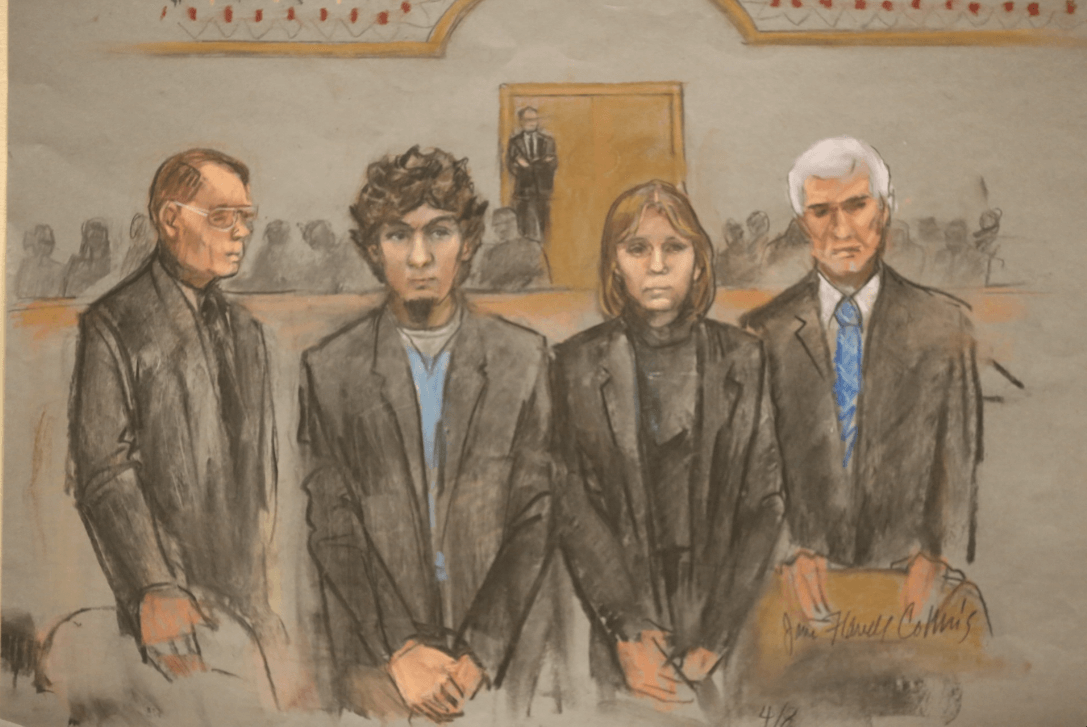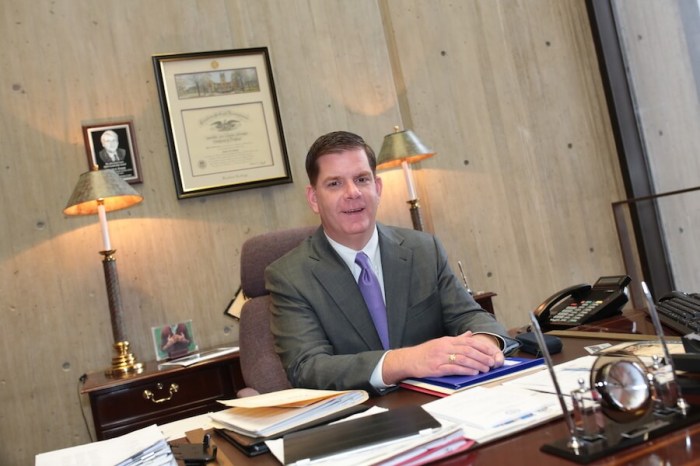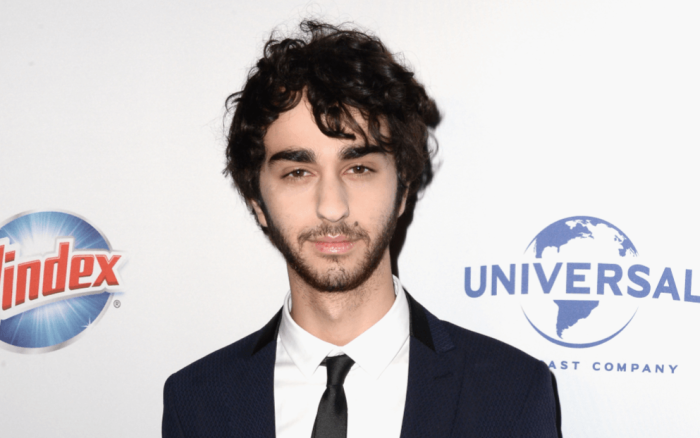Suffolk University professor Rosanna Cavallaro teaches criminal law, evidence, professional responsibility and law and literature. She spoke to Metro about a jury finding Boston Marathon bomber Dzhokhar Tsarnaev, 21, guilty on 30 counts related to the fatal Boston Marathon bombing and its violent aftermath. Is the verdict surprising?
Cavallaro:Not at all, because they conceded that he did it. The surprise, if any, is in respect to some of the charges that came back guilty, such as the shooting of [MBTA Transit Police Officer Dic Donohue]. The defense highlighted in their motion that there was no evidence that the shooting was carried out by Tsarnaev – that it may have been friendly fire. But the jury didn’t hesitate. Why did it take the jury 12 hours?
Cavallaro:When there is a crime of this gravity it is almost disrespectful to be hasty. These people were embroiled in this excruciating trial for weeks. This was their first chance to talk about it and hash it out. I’m sure they needed to vent. What now?
Cavallaro:In the sentencing phase the government has to prove at least one or more aggravating circumstances. Prosecutors will need to prove that this was the result of elaborate planning and premeditation over and above what was already proven, or prove that the victim was especially vulnerable — which they have with (8-year-old) Richard Martin. Then the defense has the opportunity to show anything at all that the would mitigate, soften or lessen the penalty. Their ideas are that he’s a dumb kid who had a brother with an overpowering personality and he’s not as responsible for the attack as his brother. Will he get the death penalty?
Cavallaro:It is anyone’s guess. It’s a very complex set of dynamics — the closeness to all of us who live in Boston can’t be overstated. On the other hand, it is extraordinarily difficult to ask people to sit in a room with 21-year-old man for weeks and then give them the responsibility of sentencing him to death. But what if he wants to die? He’s claimed he wants martyrdom.
Cavallaro:That train has left the station. Right now the defense is pouring all their resources into sparing his life. I do think jurors might say, “He wanted martyrdom so I’m going to punish him and not give him what he wanted,” which would be life in prison.
Q&A: Boston legal expert weighs in on Tsarnaev guilty verdicts

Jane Flavell Collins


















